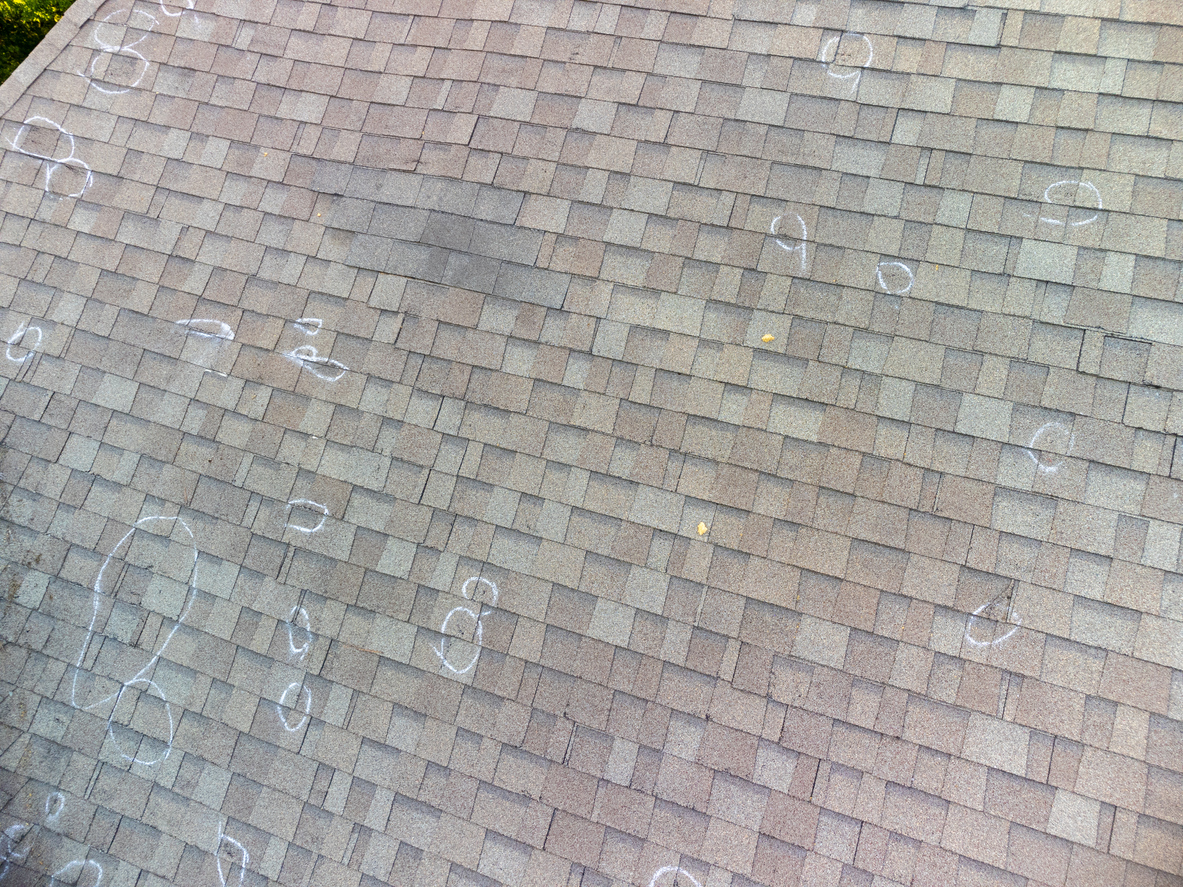Most property insurance policies include provisions that void coverage if the policyholder commits fraud or some form of misrepresentation regarding the insurance. In each jurisdiction, there is typically a body of case law that further defines when misrepresentations or fraud will void coverage. For example, some states require an intentional misrepresentation, while others consider an innocent mistake sufficient.
In the recent case of Scottsdale Ins. Co. v. Prayer Tabernacle Early Church of Jesus Christ Number 1, No. 10-0346, 2011 WL 3320544 (S.D. Al. Aug. 2, 2011), the fraud provision of an Alabama church’s insurance policy was the focus. The policy provision stated:
A. CONCEALMENT, MISREPRESENTATION OR FRAUD
This Coverage Part is void in any case of fraud by you as it relates to this Coverage Part at any time. It is also void if you or any other insured, at any time, intentionally conceal or misrepresent a material fact concerning:
1. This Coverage Part;
2. The Covered Property;
3. Your interest in the Covered Property; or
4. A claim under this Coverage Part.
Originally, the church submitted insurance claims for losses from Hurricane Ivan and Hurricane Katrina. The church’s insurer, Scottsdale, paid the claims in 2004 and 2005. In 2009, the church submitted a supplemental claim for damage and invoked the appraisal clause of the policy. Scottsdale sought to investigate the claim by inspecting documents and records.
The church submitted receipts and invoices for work allegedly performed on the property. Although the church’s representative testified to the authenticity of the invoices, the companies that purportedly worked on the property had no records of ever doing any work or receiving any payment from the church. Additionally, and perhaps most fatal to the church’s claims, the invoices it submitted did not look like invoices that the contractors normally used. In fact, the heading on one invoice “appear[ed] to be cut from their yellow pages ad and pasted onto another form.” In addition, the heading and portions of another contractor’s advertisement “appear[ed] to match the heading on the invoice submitted by [the church].” The court held that, “[t]he evidence clearly indicates that these invoices were made up or altered and although defendant denied such allegations in its answer, it has offered no evidence or even argument to dispute these allegations.”
The church argued that because the insurer had previously provided coverage benefits and failed to appraise the loss as requested, it could not assert policy defenses, but the court held that the insurer had a right to investigate the 2009 claim before appraising the loss, and held the policy void because of the altered invoices.
The clear lesson from this case is that making up evidence to support an insurance claim is never a good idea. This case is proof that such misdeeds will not go unnoticed by the courts.



